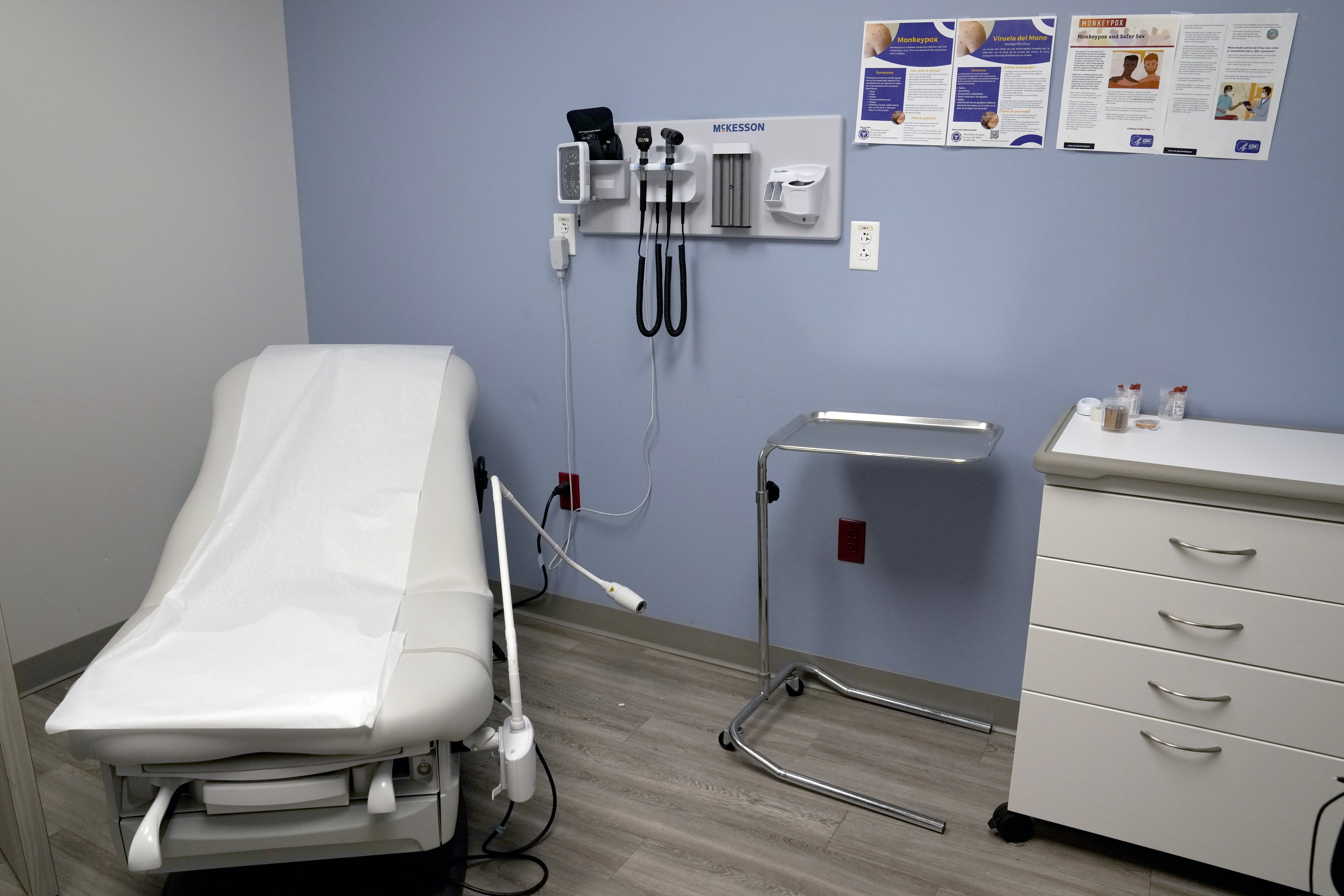House Republicans have missed a self-imposed deadline for a plan to help Puerto Rico manage $70 billion in debt, adjourning on Friday without introducing a bill.
Legislation was expected this week to create a control board to help manage the U.S. territory's financial obligations and oversee some debt restructuring. It would have been the third version of the House bill, which has come under fire from conservatives who feared it would set a precedent for financially ailing states and Democrats concerned the control board would be too powerful and favorable to creditors.
House Speaker Paul Ryan said in a statement Friday that Republicans want to ensure the bill is the "best, most responsible legislation to tackle Puerto Rico's fiscal crisis while protecting American taxpayers."
Ryan said negotiations continue with Democrats and the Obama administration on the issue. He said it will be introduced in "the coming days."
House Natural Resources Committee Chairman Rob Bishop, R-Utah, has led negotiations on the bill and has said he wants bipartisan support The aim is to write legislation that could pass both the House and the Senate before Puerto Rico defaults on a $2 billion debt payment due July 1. The territory missed a nearly $370 million bond payment May 1 — the largest so far in a series of missed payments since last year.
In an interview Friday for C-SPAN's "Newsmakers" program, Bishop said he believes the House needs to move forward but lawmakers want to make sure the legislation doesn't have any remaining constitutional or legal issues.
"We have one shot at getting this right," Bishop said. "Once this bill starts moving I think it moves through Congress very quickly."
U.S. & World
News from around the country and around the globe
Bishop said the final version yet to be released will be similar to previous versions, including the control board setup.
"That basic concept of what we want to do has been agreed to by everybody that's a player, and so I think regardless of what the final version is, that structure will be there," Bishop said on C-SPAN.
He said the bill will not set a precedent for ailing states, as some have feared. He said the legislation is designed to apply only to Puerto Rico.
Puerto Rico has been mired in economic stagnation for a decade. Financial problems grew worse as a result of setbacks in the wider U.S. economy, and government spending in Puerto Rico continued unchecked.
Under the bill being drafted, the control board is expected to direct the island to create a fiscal plan, including adequate funding for pensions. The island has underfunded public pension obligations by more than $40 billion.
Creditors and some Republicans have expressed concern that they would take a back seat to the pension obligations, while the Obama administration has pushed to make sure that pensions are also a priority.
Bishop has said the aim of the legislation is to make sure they are all paid.
"We're not in the process of picking winners and losers in this, and that's why you have the board in the first place, so they can make an orderly process of that," Bishop said.
The bill is also expected to retain provisions to allow the island to lower federal minimum wage requirements for some younger workers and transfer federal land on the island of Vieques to the territory, despite Democratic opposition.
Treasury Secretary Jack Lew has been part of the negotiations, and traveled to the island on Monday to push Congress on the issue. He toured a San Juan elementary school struggling with insects and limited electricity and a hospital unable to provide some basic services to infants. He said economic troubles in Puerto Rico can only get worse if Washington doesn't act soon.
The Senate has not yet acted on the issue, and Senate Majority Leader Mitch McConnell has said the chamber is waiting for the House to act.



